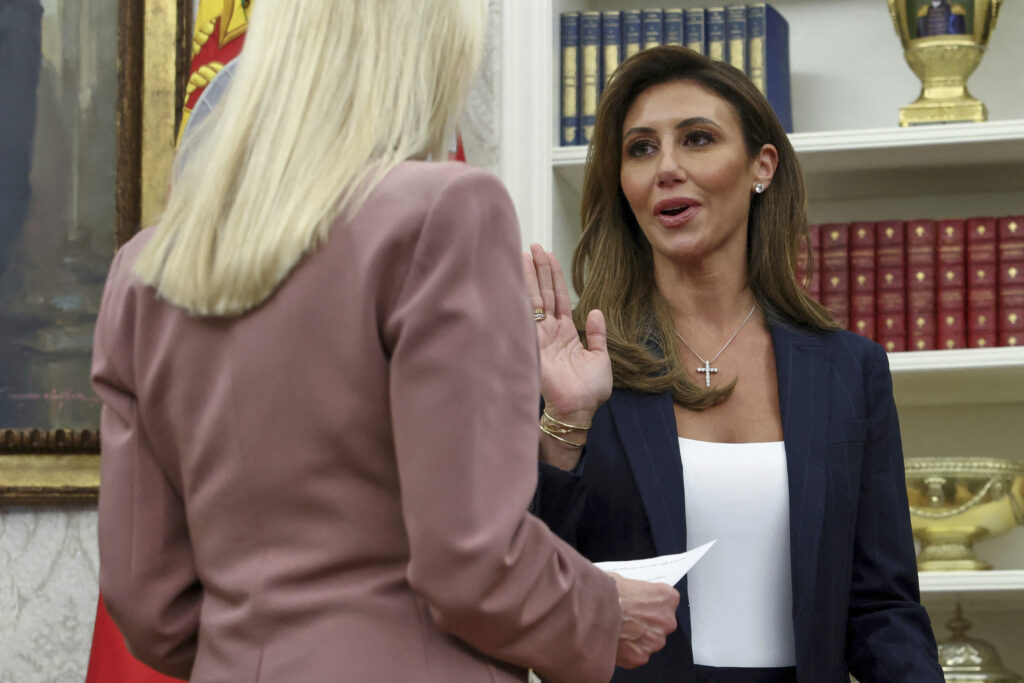Alina Habba was Illegally Employed as Federal Prosecutor, Court Rules

A federal judge ruled Thursday that Alina Habba, former personal attorney to President Donald Trump, has been unlawfully serving as the U.S. Attorney for the District of New Jersey since July.
The plaintiffs, who are currently under federal indictment, challenged Habba’s appointment, arguing that their indictments were signed after her legal authority had expired, triggering a review of her role by the court.
Chief U.S. District Judge Matthew E. Brann, appointed by former President Barack Obama, concluded that Habba’s continued service as a federal prosecutor stemmed from a series of personnel shuffles that violated federal law.
“Faced with the question of whether Ms. Habba is lawfully performing the functions and duties of the office of the United States Attorney for the District of New Jersey, I conclude that she is not,” Brann wrote. “Ms. Habba has exercised the functions and duties of the office of the United States Attorney for the District of New Jersey without lawful authority since July 1, 2025.”
Brann’s opinion recounts in detail how the Trump administration maneuvered to keep Habba in office after her interim appointment expired last month. The Trump administration’s strategy constituted a manipulation of appointment rules, according to Brann.
“The Executive branch has perpetuated Alina Habba’s appointment to act as the United States Attorney for the District of New Jersey through a novel series of legal and personnel moves,” Brann added. “Taken to the extreme, the President could use this method to staff the United States Attorney’s office with individuals of his personal choice for an entire term without seeking the Senate’s advice and consent.”
Among the most serious implications is that Habba’s involvement in multiple federal indictments may now be legally suspect.
The court stopped short of dismissing the charges against the plaintiffs who challenged her authority, but did disqualify Habba and anyone under her supervision from participating in ongoing cases.
The court’s ruling echoes broader national concern about executive overreach, particularly in regard to appointments to high-level offices without Senate confirmation.
The ruling is expected to be appealed by the DOJ.